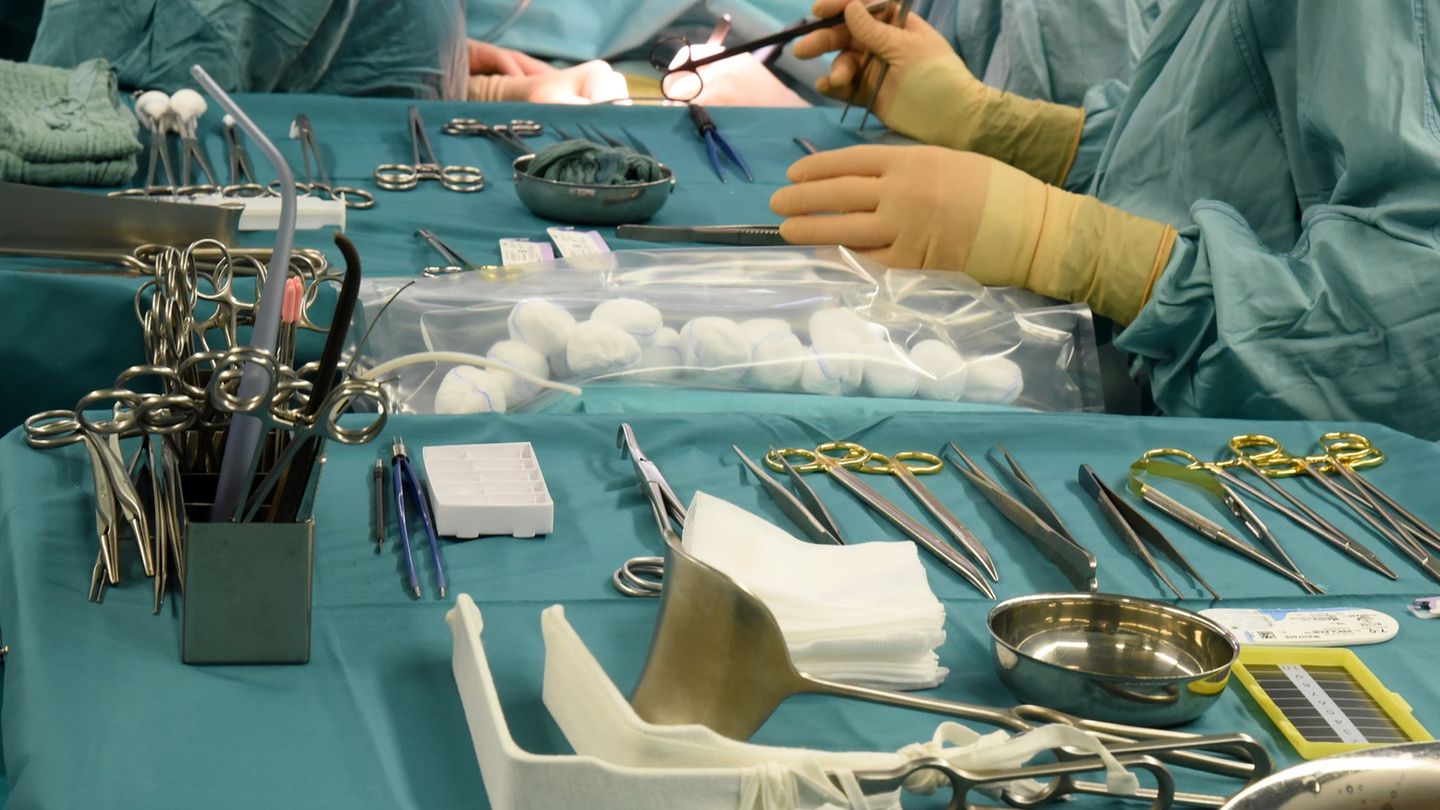Menu
Modern shopping: shops without staff make customers curious
Categories
Most Read
How salaries, employment, retirements and consumption arrive at the 2025 elections
October 22, 2025
No Comments
access unmissable discounts at this supermarket to save on your end-of-month purchases
October 22, 2025
No Comments
Speech in Strasbourg: Von der Leyen warns of a raw materials crisis in Europe
October 22, 2025
No Comments
“Job Hugging” and “Quiet Cracking”: The Work Trends in the Crisis
October 22, 2025
No Comments
Pumpkin Festival: Consumers want to spend less money on Halloween
October 22, 2025
No Comments
Latest Posts

Champions League live: Who broadcasts FC Bayern and Eintracht Frankfurt
October 22, 2025
No Comments
PierceI am Pierce Boyd, a driven and ambitious professional working in the news industry. I have been writing for 24 Hours Worlds for over five

Cruciate ligament rupture: Why female soccer players are susceptible to the injury
October 22, 2025
No Comments
football Why women are susceptible to cruciate ligament tears – and what should change now The renewed injury to national player Lena Oberdorf is an

Federal Cabinet: Organ donation is being reformed – How to get more kidneys?
October 22, 2025
No Comments
IvanI have been working in the news industry for over 6 years, first as a reporter and now as an editor. I have covered politics
24 Hours Worlds is a comprehensive source of instant world current affairs, offering up-to-the-minute coverage of breaking news and events from around the globe. With a team of experienced journalists and experts on hand 24/7.

